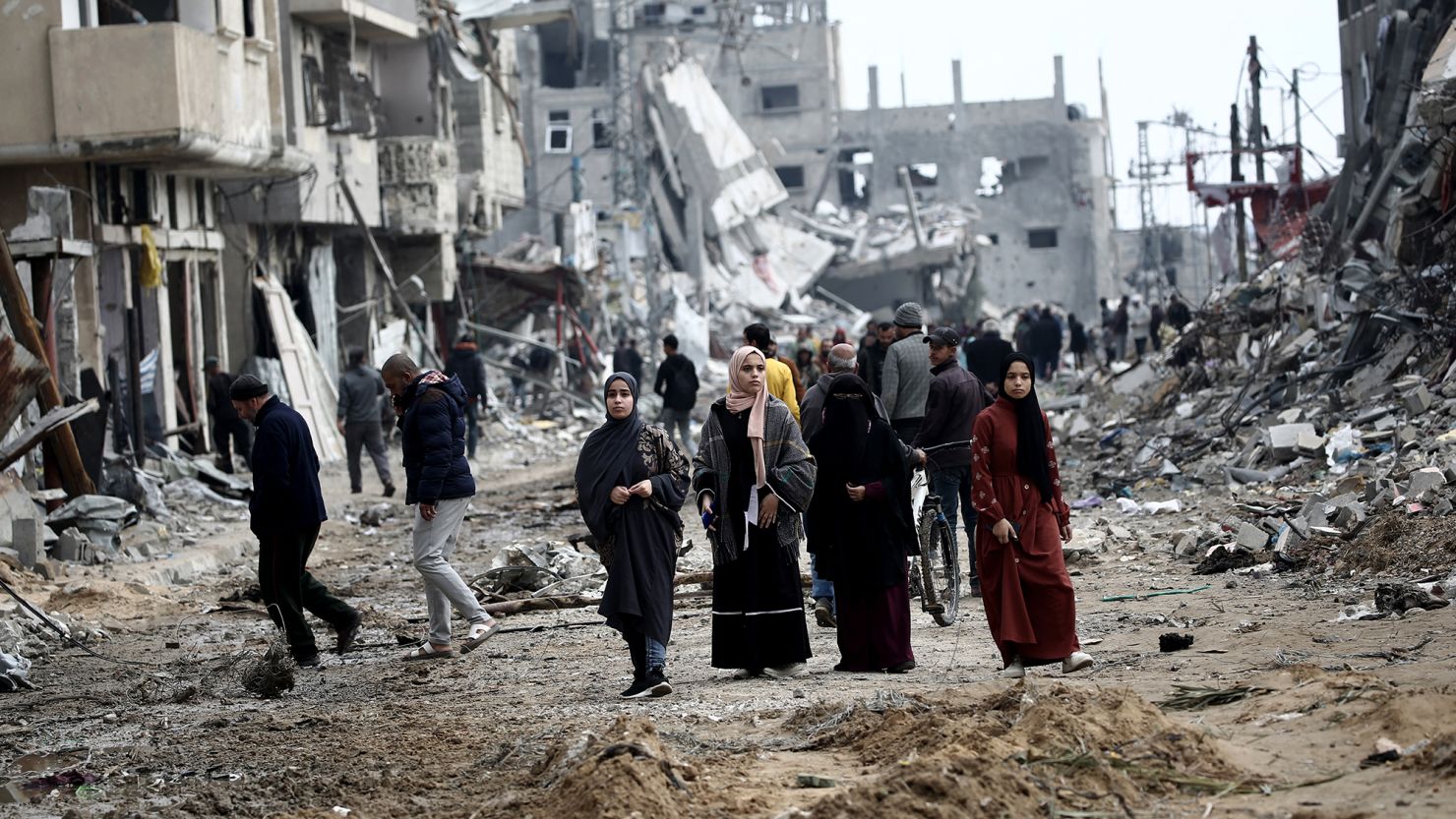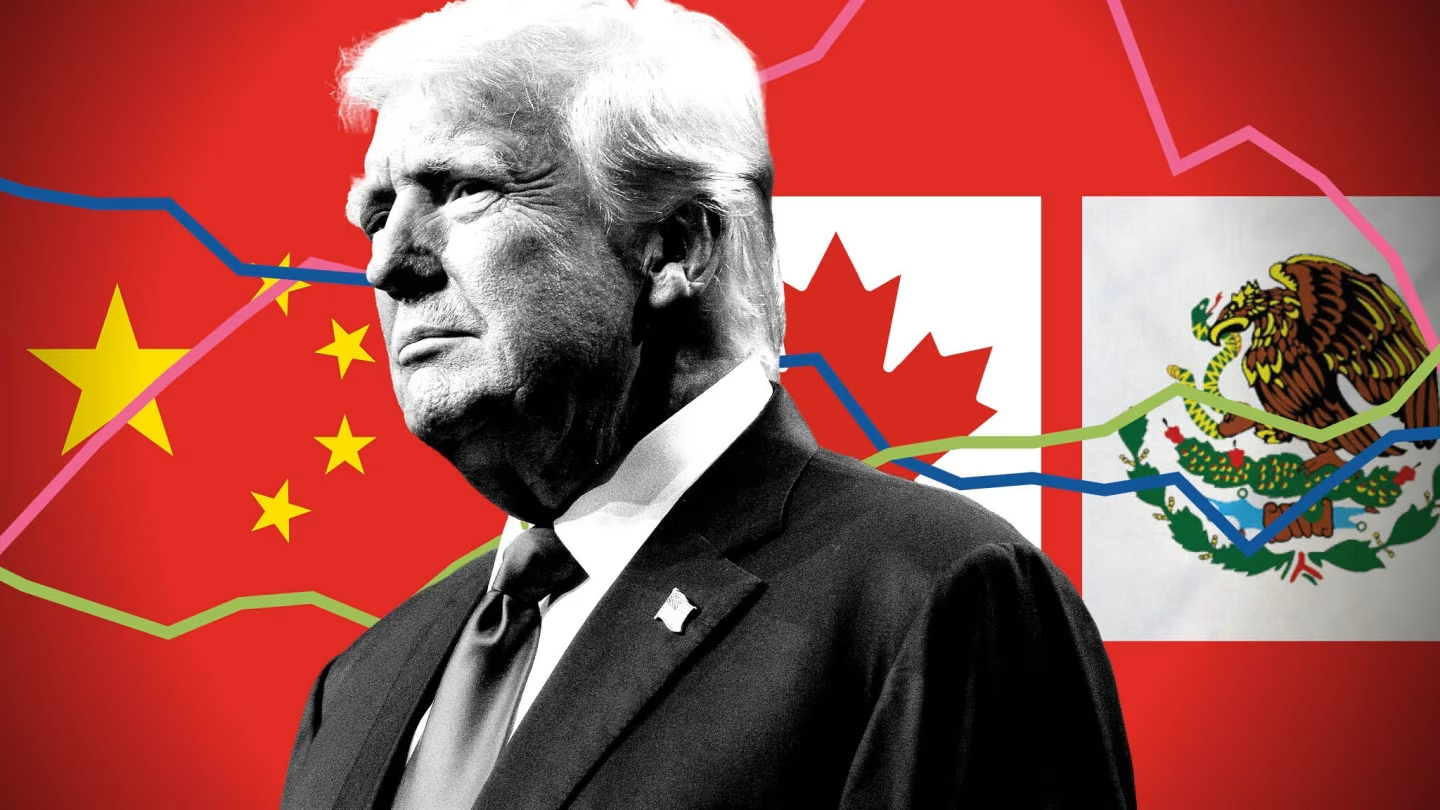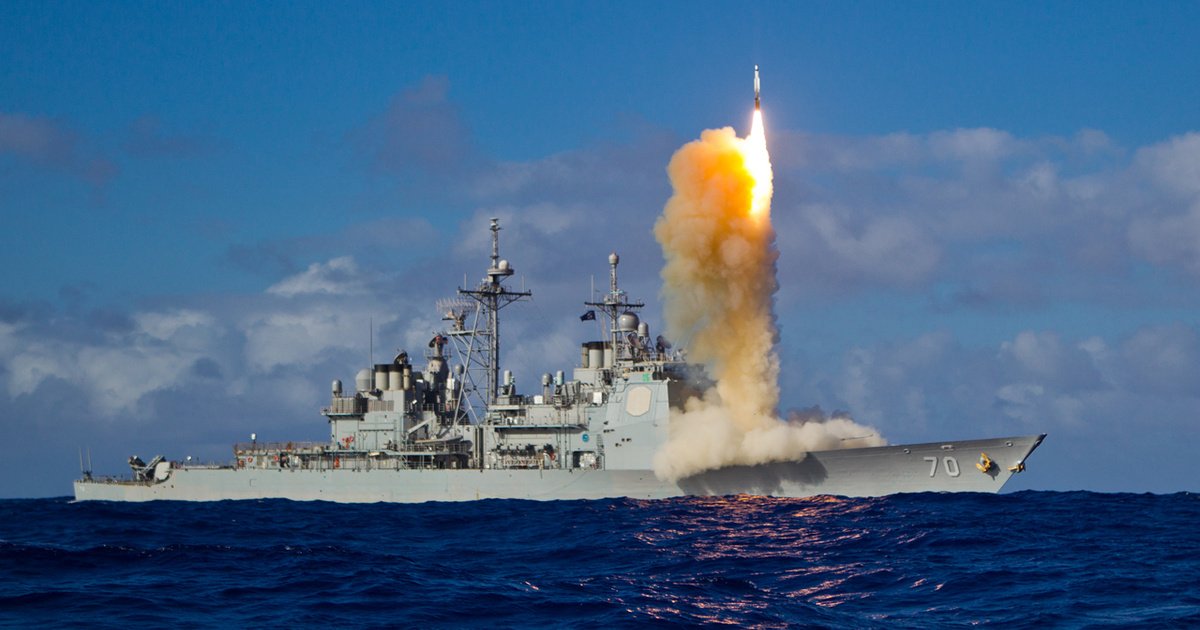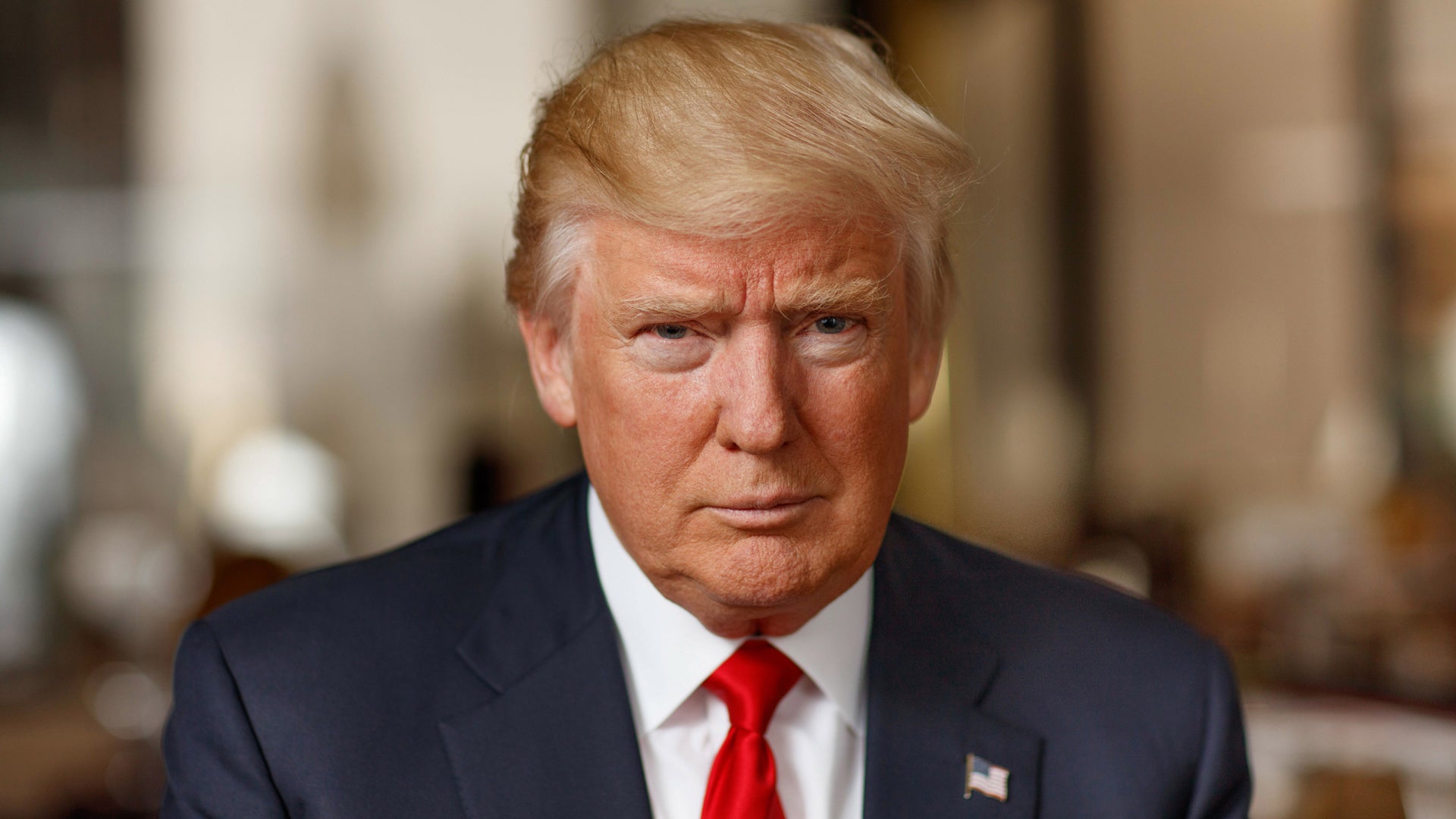Category: Geopolitics
Israel Reports Progress in Ceasefire Discussions with Hamas
In a promising development regarding the ongoing conflict in Gaza, Israeli officials have reported significant progress in ceasefire negotiations with Hamas. This week, discussions have intensified in Doha, Qatar, with mediators from Egypt and Qatar facilitating the talks. Israeli officials are expressing optimism that a ceasefire is more achievable now than at any point in the past year, marking a potential turning point in the protracted conflict. Signs of Progress Hamas has indicated that it believes a ceasefire agreement is within reach, provided Israel refrains from adding new conditions to the negotiations. The group’s recent statements reflect a willingness to
China Reaffirms Stance on Taiwan Following Increased Military Activity
Recent military activities by China around Taiwan have intensified, reflecting a significant escalation in tensions and a reaffirmation of Beijing’s hardline stance on the island. This analysis delves into the implications of these developments, exploring the motivations behind China’s actions, the responses from Taiwan and the U.S., and the potential consequences for regional stability. Taiwan has been governed independently since 1949, but China views it as a breakaway province that must eventually be reunified with the mainland. The election of President William Lai, who is perceived as a “separatist” by Beijing, has further strained cross-strait relations. Following Lai’s recent diplomatic
Amidst Trump’s tariff threats, companies and investors scramble to minimize risks.
Amidst Trump’s tariff threats, companies and investors scramble to minimize risks.
Guam Under Siege: Assessing the Efficacy of U.S. Missile Defense Against China
In light of increasing military tensions in the Asia-Pacific region, particularly concerning China’s assertive posture, the United States has been reassessing its missile defense capabilities to protect strategic locations like Guam. This blog post explores the potential effectiveness of U.S. missile defense systems in countering threats from China, especially in the context of recent military activities and geopolitical dynamics. The strategic importance of Guam has grown significantly as it serves as a key military hub for the U.S. in the Pacific. With China’s military modernization and aggressive maneuvers, including missile tests and naval exercises, concerns about Guam’s vulnerability have intensified.
Why Trump’s Dollar Threat to BRICS Could Backfire
Trump’s recent threat to weaponize the dollar against BRICS nations highlights the United States’ continued failure to adapt to a changing global landscape. Despite the rise of alternative currencies and the growing economic power of emerging markets, the US clings to the illusion that it can maintain its financial dominance through coercion. This misguided approach stems from a fundamental misunderstanding of the current global economic order. The dollar’s status as the world’s reserve currency is not a result of American economic might alone but rather a legacy of the post-World War II Bretton Woods system. As other countries develop and






